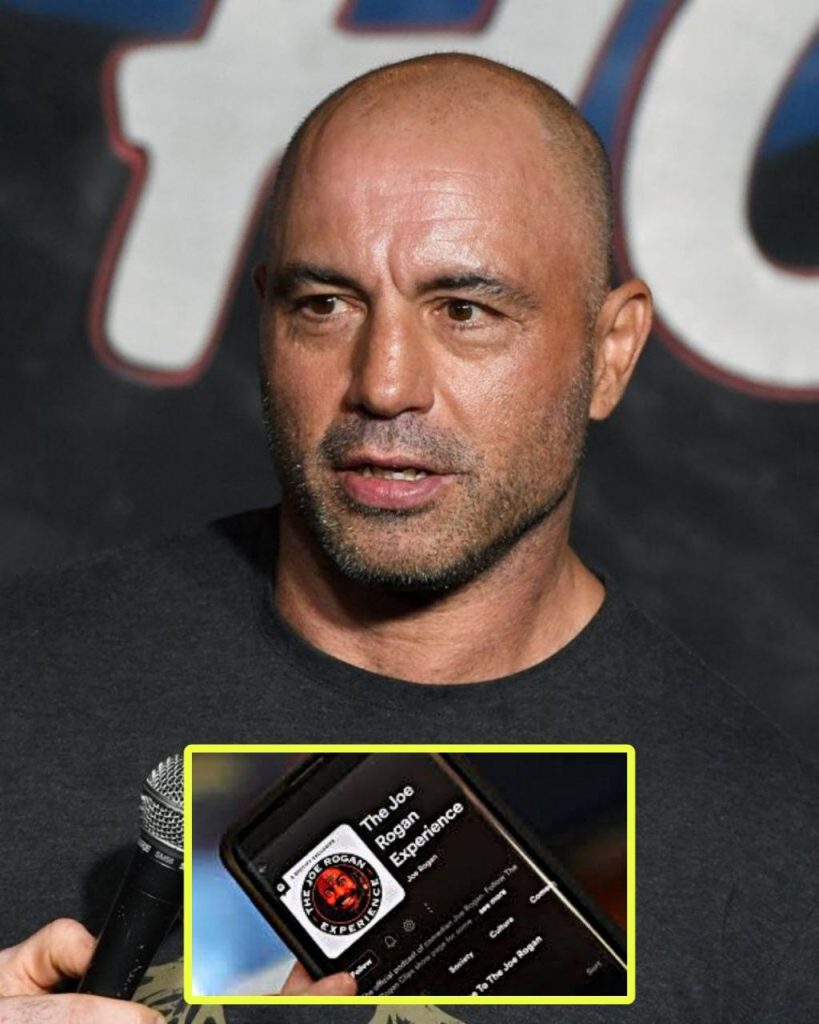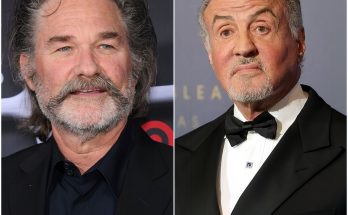
Joe Rogan, one of the world’s most prominent podcasters, continues to draw both massive audiences and significant criticism for the content featured on his widely popular show, The Joe Rogan Experience. With millions of listeners globally, Rogan’s influence extends far beyond entertainment, often delving into polarizing topics such as politics, health, and culture. However, critics argue that this broad reach comes with a troubling lack of accountability, particularly concerning the dissemination of controversial or misleading information.
Misinformation Concerns
One of the central criticisms leveled at Rogan is his handling of sensitive subjects, particularly during the COVID-19 pandemic. In 2022, a fact-check by the BBC highlighted several instances where false or unverified claims were made on his podcast. Health experts and organizations raised alarms over the potential public health implications of such content, as Rogan’s platform often amplifies these messages to a vast audience.
Spotify, which hosts The Joe Rogan Experience under an exclusive $100 million deal, faced backlash over its decision to keep controversial episodes available despite public outcry. Musicians like Neil Young and Joni Mitchell famously removed their music from the platform in protest, citing the podcast’s role in spreading misinformation.
Criticism from Media Figures
Rogan’s influence has also been criticized by media executives and public figures. Ita Buttrose, the chair of the Australian Broadcasting Corporation, described his impact as “repulsive,” suggesting that he exploits people’s fears and insecurities to drive engagement. These sentiments echo broader concerns about the rise of unregulated, personality-driven media platforms that prioritize reach over responsibility.
Popularity vs. Accountability
Despite the controversies, Rogan’s appeal remains undeniable. A recent report by The Guardian revealed that his podcast is particularly popular among Australian men, who appreciate the unfiltered and wide-ranging discussions. However, critics warn that this format—marked by minimal fact-checking—can blur the lines between open dialogue and the spread of harmful narratives.
The Broader Implications
The debate over Joe Rogan’s podcast reflects larger societal questions about the balance between free speech and responsible communication. As platforms like Spotify grapple with how to moderate high-profile creators, the controversy surrounding Rogan underscores the challenges of managing influential voices in a digital age.
Rogan has consistently defended his approach, emphasizing that his podcast is a space for open conversation rather than a definitive source of information. However, as calls for accountability grow louder, it remains to be seen how he and the platforms hosting his content will navigate this increasingly scrutinized landscape.


